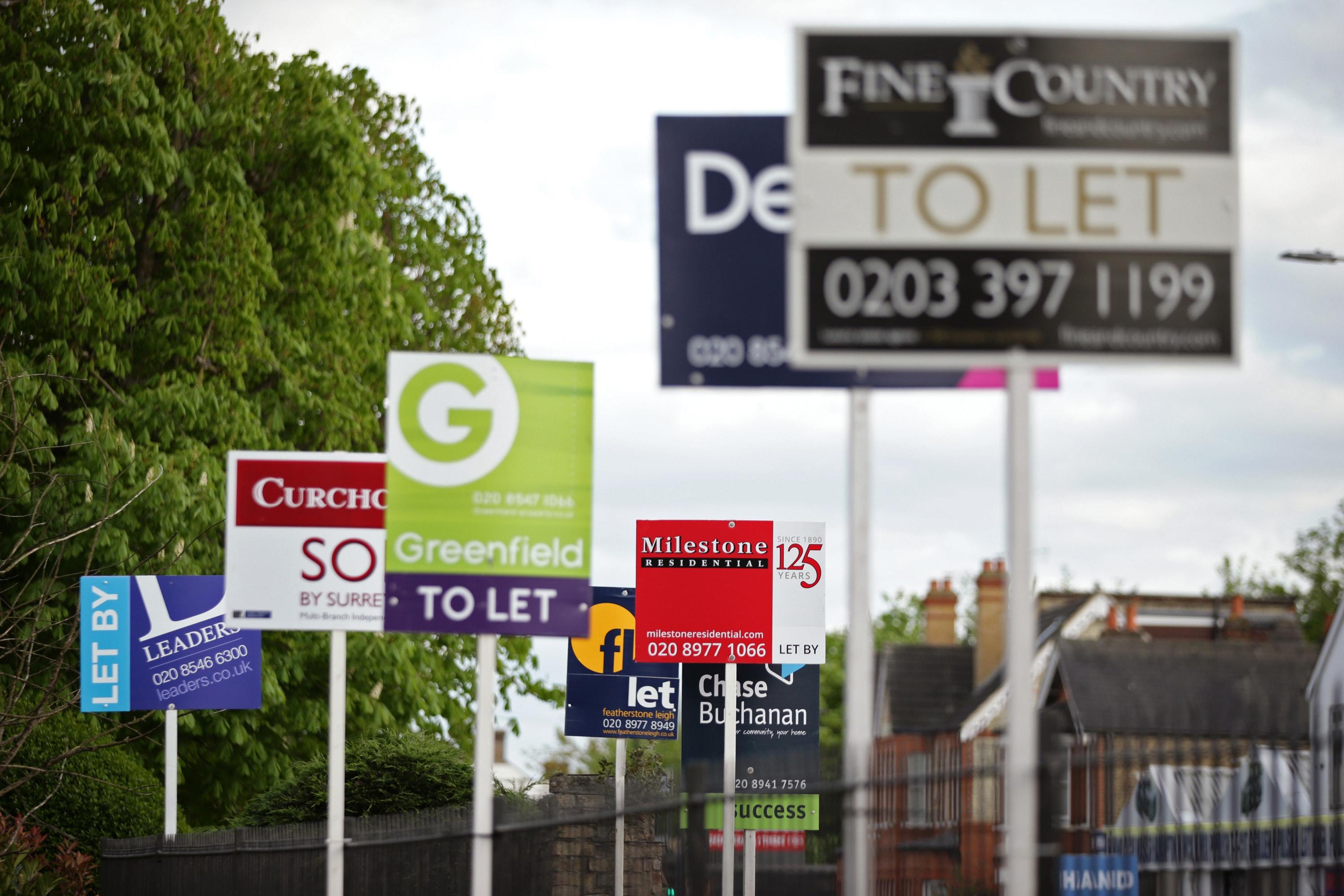
UP to half of the millennial generation could still be renting in their 40s and a third could be “retiree renters”, a report warns.
The Resolution Foundation think-tank said that if home ownership growth in Britain follows the “weak pattern” of the 2000s, up to half of millennials born between 1981 and 2000 could be renting either privately or in the social rented sector in their 40s, and a third could still be renting by the time they claim their pensions.
The Foundation said radical reform is needed to make the private rental sector fit for raising children and retirement “because a generation of young people face the prospect of never owning their own home”.
In a report published by the Resolution Foundation for its Intergenerational Commission, it said policy has failed to catch up with the fact that bringing up children in the private rental sector has become mainstream.
Private renting has grown rapidly in recent decades, the Home Improvements report said.
At age 30, four in 10 millennials live in this way, double the rate at the same age for generation X – the generation above millennials – and four times that for baby boomers born in the 20 years after the end of the Second World War.
A record 1.8 million families with children rent privately, up from just 600,000 15 years ago, the report said.
The Foundation said that a “rising share of retiree renters, coupled with an ageing population, could more than double the housing benefit bill for pensioners from £6.3 billion today to £16 billion by 2060 – highlighting how everyone ultimately pays for failing to tackle Britain’s housing crisis”.
Lindsay Judge, senior policy analyst at the Resolution Foundation, said: “Britain’s housing problems have developed into a full-blown crisis over recent decades and young people are bearing the brunt…
“While there have been some steps recently to support house building and first-time buyers, up to a third of millennials still face the prospect of renting from cradle to grave.
“If we want to tackle Britain’s ‘here and now’ housing crisis we have to improve conditions for the millions of families living in private rented accommodation.
“That means raising standards and reducing the risks associating with renting through tenancy reform and light touch rent stabilisation.”
The fact that many tenants renting privately are on 6 or 12 month fixed term contracts also means that the prospect of large rent rises at short notice are a big concern – above inflation increases are not uncommon, especially in London pic.twitter.com/qPcgEA8v6e
— ResolutionFoundation (@resfoundation) April 17, 2018
The Foundation said, to give tenants longer-term stability in their homes, indeterminate tenancies should be introduced as the sole form of contract in England and Wales, following Scotland’s lead.
It said there must be a “fair balancing of the needs of tenants with the rights of landlords”, and landlords should not be able to end tenancies at short notice without good cause.
To keep rents stable, rent rises should be limited to the Consumer Prices Index (CPI) measure of inflation over three-year periods, the report said.
A new housing tribunal should be set up, to ensure landlords and tenants can have disputes resolved swiftly, the Foundation argued.
Can we build it? Not so far. House building targets have been missed every year bar one (2006) since 1998 https://t.co/gQzYfHSbNj pic.twitter.com/aVPsjC1vfZ
— ResolutionFoundation (@resfoundation) April 17, 2018
The Resolution Foundation aims to improve the living standards of those in Britain on low to middle incomes.
A Ministry of Housing, Communities and Local Government spokeswoman said: “Our Help to Buy scheme and the recent cut in stamp duty are helping more young first-time buyers get on the property ladder.
“Figures show that we are seeing the highest number of first-time buyers for more than a decade.
“But we’re also helping to ensure that everyone has a safe and decent home by giving councils stronger powers to crack down on bad landlords and consulting on stronger protections for tenants themselves.”

Enjoy the convenience of having The Sunday Post delivered as a digital ePaper straight to your smartphone, tablet or computer.
Subscribe for only £5.49 a month and enjoy all the benefits of the printed paper as a digital replica.
Subscribe